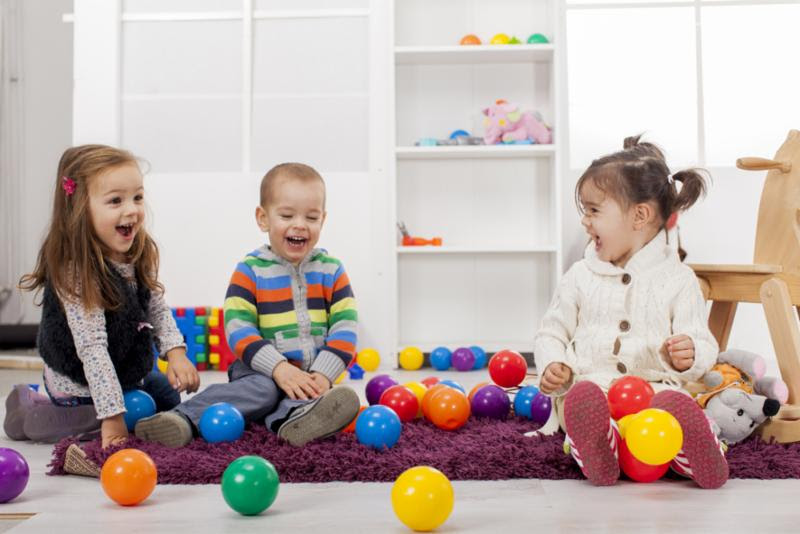Does Your Child Have a Challenging Time with Preschool?
How can preschool be hard?
It’s a time you and your child have been waiting for — going to preschool!
But after a month, things are not going so smoothly and you’re wondering, “What can be so hard about preschool, and what can I, as a parent, do?”
Your preschool’s staff can be a great resource. These early childhood development professionals are usually very astute at developmental skill trajectories and can identify if your child may need a little specific help.
There are times when Bridging® can be a great resource too. Scroll down to see more about our newest program that you can do with your child at home.
(Don’t have a preschooler? Your friend or relative who does, would love to get these insights, so please share.)
As a parent of a preschooler, do any of these describe your reality?
- My child doesn’t want to go to school.
- My child is sooo tired after school.
- My child is extra wound up or aggressive after school.
- My child doesn’t want to sit still.
You put your hands to your head and sigh.
Why would my child have such a tough time?
To begin figuring out if there is a problem and what may be at play, step back and start asking some questions to problem-solve. We find asking new questions can get some different information to help come to more practical solutions.
In addition to the usual situational questions and observations from the preschool staff, here are a few other questions to think about:
- Did my child recently have a growth spurt?
- Has my child had a playground accident or bike fall?
- Has my child been sick, especially with a respiratory or digestive bug?
If the answer to any of these questions is yes, intrinsic self-regulation has likely gotten off track. Behavioral incentives, charts, and reminders will often have limited effectiveness.
We find that injury, growth, and illness may exacerbate an already tenuous self-regulation capacity.
What are other reasons self-regulation can be stressed?
There are a variety of reasons but we find common causes include:
- Prenatal development stressors.
- Stressful or traumatic birth (yes, even a C-section is considered stressful).
- Medical procedures in infancy.
All of these disrupt the very foundation of how the body’s core mechanics work for self-regulation.
What can you do?
Try out some of the ideas below and then discuss and/or observe what’s working and what isn’t. You are the expert on your child–you’ll notice the differences. Your child can also provide great insights.
- Movement will generally help with self-regulation. Find activities your child likes and integrate them into the before/after pre-school times.
- Trampolines, swings, and climbing are also activities which can help your child self-regulate.
- Swimming is a very different way to calm and self-regulate; for some kids being in the water is like magic.
Remember, the activity is not a reward, it is a self-help mechanism. Also, what works for one family may be very different for yours.
Wondering if Bridging® can help?
When activity only helps so much, or stops helping, your child may need different support.
Our specialty is figuring out the relationships between the physical support for self-regulation and life’s traumas.
We use gentle rocking and bouncing movements of the Bridging® Technique to guide your child’s body to re-organize. When the core and diaphragm improve how they work together, your child can self-regulate without the extra support.
If you’d like to know more specifically how Bridging® can help your child, take a moment to complete our intake form and we’ll get in touch to discuss your concerns and goals.

